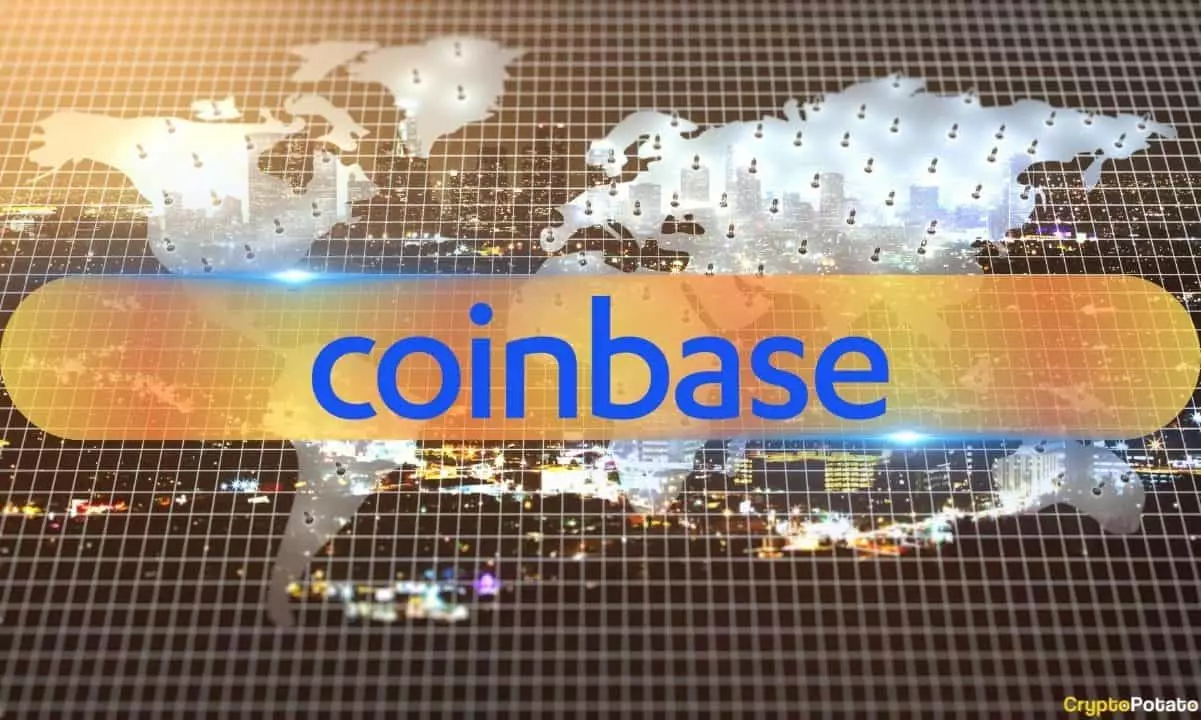In a significant shift for cryptocurrency enthusiasts, Coinbase has announced that it will cease offering rewards for USD Coin (USDC) holders located in the European Economic Area (EEA) starting November 1. This decision comes in response to evolving regulations regarding e-money tokens as determined by the impending Markets in Crypto Assets (MiCA) framework. The MiCA regulations aim to unify the regulatory landscape across the European Union (EU) and its associated jurisdictions, compelling companies like Coinbase to revise and adapt their financial incentives.
The reward program, which has allowed Coinbase clients in over 100 territories to earn interest on their stablecoin assets, is not just a feature that enhances user engagement; rather, it plays a crucial role in how cryptocurrencies are perceived and utilized as financial instruments. Rewards accumulate monthly, encouraging users to retain their assets on the platform. The abrupt halt of this feature raises questions about the future of such tokenomics in a tightly regulated environment.
The MiCA regulations are set to standardize practices related to the issuance and trading of crypto assets across the 27 EU member states. The implications of these regulations are substantial; they require exchanges to adapt to stricter compliance measures that may eliminate certain lucrative offerings that have, until now, been integral to attracting users. For Coinbase, the decision to end USDC rewards for EEA customers by November 30 highlights the ongoing tension between fostering cryptocurrency adoption and adhering to regulatory frameworks.
Coinbase isn’t alone in this adjustment. Other platforms, such as Bitstamp, have also halted specific token offerings—like the Euro Tether (EURt)—as they failed to meet the new regulatory standards laid out by MiCA. The message is clear: cryptocurrency exchanges must evolve or risk obsolescence in a region that is becoming increasingly vigilant about compliance.
Following the cessation of USDC rewards, Coinbase has communicated that users within the EEA will continue to accrue interest until the end of November, with a grace period for payouts extending into early December. This timeline offers some respite for USDC holders, who will be able to collect their accrued rewards, contingent upon compliance with the forthcoming regulations.
Nevertheless, the situation also places stress on users who might rely on such rewards for personal finance, thereby shifting their strategies amidst tightening regulations. The sudden policy changes compel holders to reconsider their long-term investments in stablecoins, prompting a broader conversation about the sustainability of digital assets in a regulated space.
Interestingly, three non-EU countries—Norway, Iceland, and Liechtenstein—will not be directly bound by MiCA regulations. However, these nations often align with EU measures to maintain cohesion with the EU’s internal market. Analysts suggest that compliance with MiCA may not be mandatory for these countries, but the likelihood of adopting similar regulatory stances is high.
The broader implications of these changes are vast and underscore a pivotal moment for the cryptocurrency industry. As exchanges navigate these regulatory hurdles, the future of digital assets, along with the incentives that drive their use, will likely become more conservative—a potential shift that could hinder the rapid growth and innovation that characterized the crypto space until now.
Coinbase’s decision to discontinue USDC rewards in the EEA marks a significant pivot influenced by emerging regulations. As the crypto landscape shifts, both platforms and users must adapt to ensure survival and compliance in this evolving financial ecosystem.

